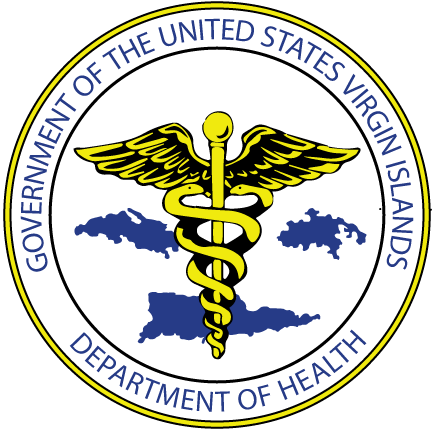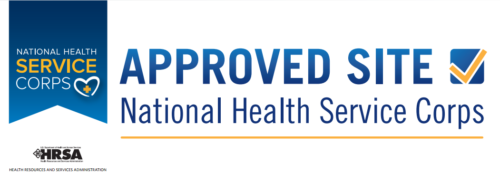U.S. VIRGIN ISLANDS – VI Health Commissioner Justa “Tita” Encarnacion is urging parents to begin and maintain their children’s vaccination schedules as the VI Department of Health continues to monitor measles outbreaks across the US mainland and the Caribbean region.
“We are very concerned about the low childhood vaccine rate in the Territory, especially with measles threatening the US,” said Commissioner Encarnacion. “Currently, the USVI childhood vaccine rate is at 60 percent, with more parents applying for vaccination exemptions for their children.”
The Centers for Disease Control issues weekly updates on measles outbreaks every Friday. As of June 6, 2024, a total of 151 measles cases were reported in 22 jurisdictions: Arizona, California, Florida, Georgia, Illinois, Indiana, Louisiana, Maryland, Michigan, Minnesota, Missouri, New Jersey, New Mexico, New York City, New York State, Ohio, Pennsylvania, Vermont, Virginia, Washington, West Virginia, and Wisconsin. Of these, 54 percent (82 of 151) were hospitalized for isolation or management.
“While 151 may seem like a low number, it is alarming because one person can infect nine to ten others,” Commissioner Encarnacion explained. “We believe it’s only a matter of time before Puerto Rico and the USVI are impacted by the rise in measles cases.”
In May, the Turks and Caicos Islands confirmed its first two positive cases of measles since 1991.

Commissioner Encarnacion noted the launch of the Immunization Program’s “Be Wise, Immunize” campaign earlier this year, aiming to raise awareness about the importance of vaccinating children against various diseases, including measles. “We want parents to understand that vaccination provides the best protection for their children, both now and in adulthood,” said Commissioner Encarnacion.
The best protection against measles is the measles, mumps, and rubella (MMR) vaccine, which provides long-lasting protection against all strains of measles.
Measles is highly contagious and can cause serious health complications, especially in children younger than five years old. If one person has measles, up to 9 out of 10 people nearby will become infected if they are not protected. It spreads through the air when an infected person coughs or sneezes and can also be contracted by being in a room where a person with measles has been, even up to two hours after that person has left.
Measles symptoms appear seven to 14 days after contact with the virus. Common symptoms include high fever, cough, runny nose, red watery eyes, and rash. In children younger than five years of age, common complications include ear infections and diarrhea, while serious complications include pneumonia and encephalitis.
Measles was declared eliminated from the United States in 2000. However, measles is still common in many parts of the world. Every year, measles is brought into the United States by unvaccinated travelers who get measles while abroad, primarily Americans and sometimes international visitors, according to the CDC.
For more information about scheduling a vaccination appointment, visit www.doh.vi.gov/immunization

